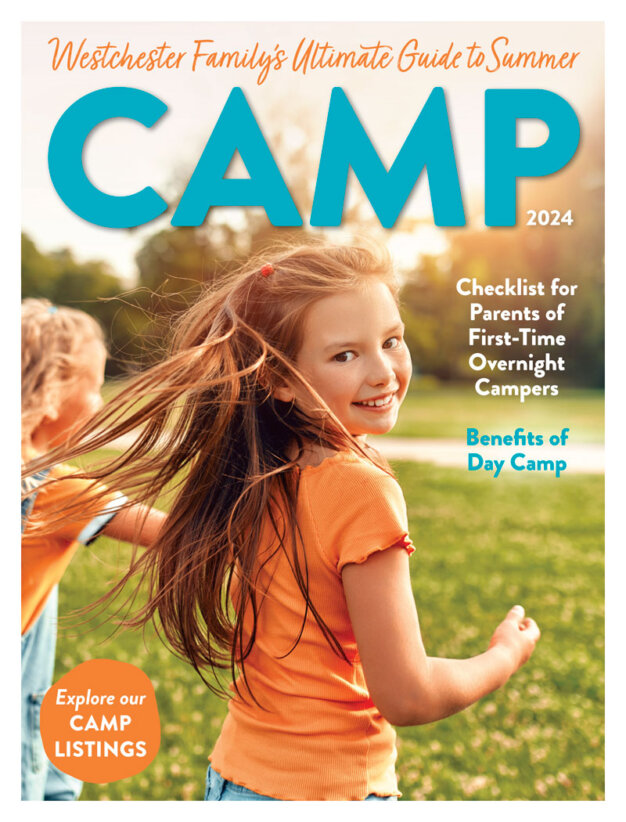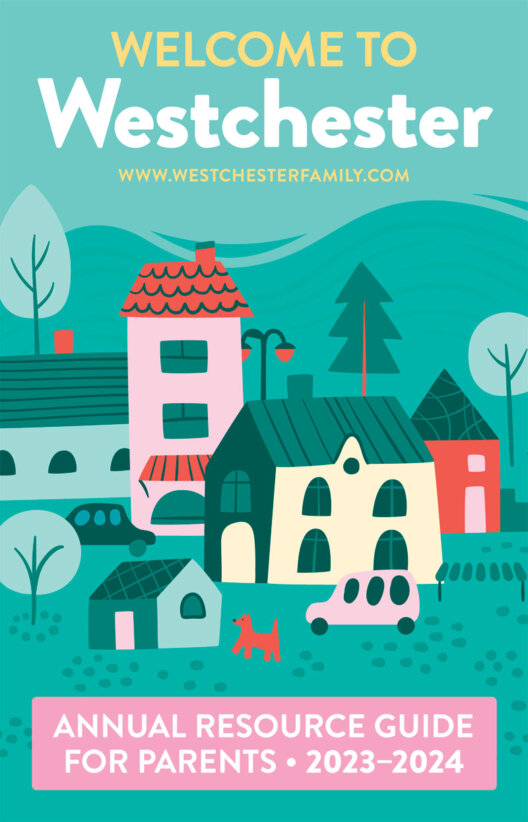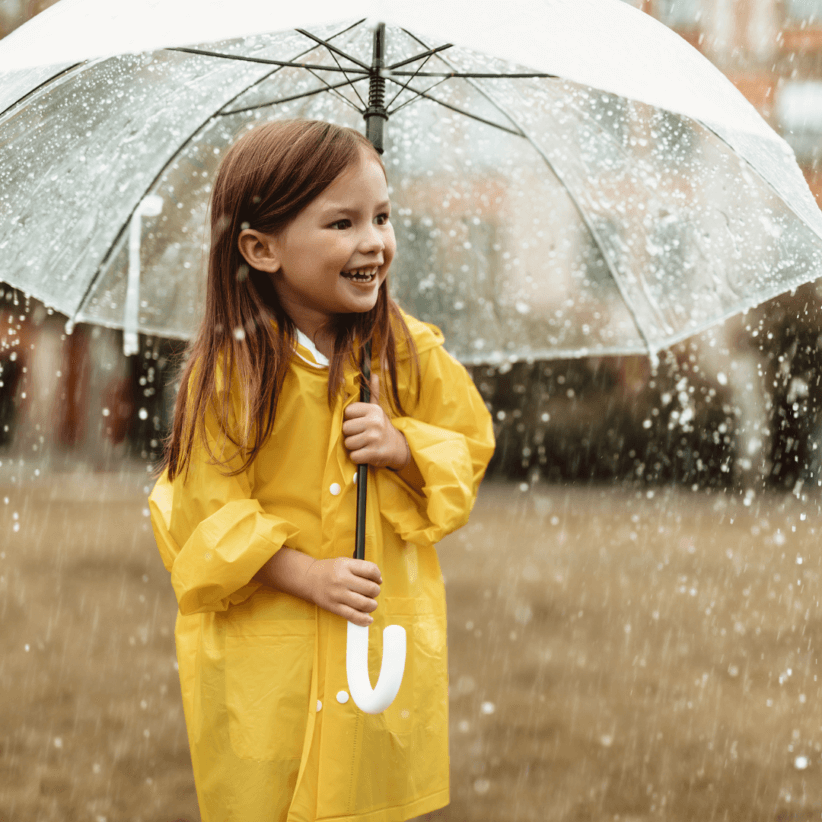Like many parents, you may be eager to provide your child with the simple pleasures of summer camp – group campfires and singalongs, outdoor fun and lasting friendships. Yet if your child is on the quieter side – hesitant about new situations or just not a stereotypical rip-roaring camp type – you may worry. Will camp be a treasured memory – or, gulp, a disaster?
Renee Flax, head of camper placement for the American Camp Association New York and New Jersey, says, “I’ve been doing this for almost 20 years and I get asked this question so often by parents. They won’t necessarily use the word ‘introvert,’ they’ll use the word ‘shy’ and ask, ‘Will they still be able to go to camp and do well?’”
So how to increase the odds your little introvert’s introduction to camp will be a huge success? We talked to Flax and Susan Newman, Ph.D., a New Jersey-based social psychologist and author of Little Things Long Remembered: Making Your Children Feel Special Every Day . Here’s their take.
Camp Has Real Benefits, Particularly for Introverts
In a psychological sense, Newman says camp provides kids with wonderful practice at moving out of their comfort zones. “Leaving home, let’s face it, can be scary. However, for introverts, camp can be the catalyst that helps them open up.”
Flax agrees, and shares some personal experience, “I was that shy introverted afraid-of-my-own-shadow kind of kid and my parents sent me off to overnight camp when I was 9. And I was like ‘What did I do wrong?’ ‘Why are they punishing me?’” She laughs, adding, “I went off thinking I was going to hate it and spent the next 15 years of my life there. It was truly an experience that changed me.”
Flax links camp with personal growth – your kids can’t keep coming to you to solve their problems, they must learn to advocate and become responsible for themselves. “That is the gift that camp gives a child.”
Sure, letting go is excruciating for parents, but Flax points to benefits later. “If the first time they ever leave home is when they go off to college, then college becomes a struggle … All kinds of studies have found that kids who’ve gone off to organized sleepaway camp do way better in college than kids who have not.”
Understand and Appreciate the Introvert Style
Before selecting a camp, parents need to appreciate how a child’s personality factors in. Susan Cain, co-author of Quiet Power: The Secret Strengths of Introverted Kids, underlines that introversion is not about social anxiety but how we respond to stimulation and recharge. She provides this definition, a great one to keep in mind when evaluating camp environments, “We introverts … react more – sometimes much, much more – to stimulating environments such as noisy school cafeterias. This means that we tend to feel most relaxed and energized when we’re in quieter settings – not necessarily alone, but often with smaller numbers of friends or family we know well.”
Do Your Research
To find a good fit, says Flax, “Know the structure of the camp, know how they do things. For a child who’s a true introvert, you don’t need that hustle and bustle all day long, you don’t want a camp of 500 kids where the movement never stops. You probably want a smaller camp that’s a little more on the quiet and nurturing side, where you can get electives and an elective might be that I can just read a book by myself.”
Competitive camps probably won’t be good fit either, adds Flax, whereas facilities with libraries, or animals – or anything your child is passionate about – often work. Some camps offer “rookie days” where potential campers can visit for a weekend or a few hours, which Flax recommends. “The child, at the end of the time, can realistically say, ‘I like it here’ or ‘I don’t like it here.’”
Be aware it takes time. Flax warns, “Don’t do this flying by the seat of your pants. Let’s just say you have an 8- or 9-year-old. Your kid could possibly be going to that camp until they’re 15 years old.”
Prepare Your Child
After choosing a camp, prepare emotionally. For example, says Newman, “Let your child know that you have confidence in her ability to be a camper.” And beforehand, “Build that self-confidence by praising other steps he takes – sleeping at a friend’s house or going to a birthday party at which he didn’t know anyone other than the birthday child.”
Talk about fun, sure, Newman says, “But also be understanding of your child’s hesitancy or fear. Ask ‘What you are worried about?’ Be empathetic.”
Flax is a big proponent of role playing and strategizing together around potential problems – talk about how your child might handle homesickness or a difficult bunkmate and convey that bumps are normal. “It’s like life itself – you’re going to have days that you don’t like as much as the day before … That’s all part of the adjustment of camp.”
Advocate for Your Child
Finally, advise the camp director about your child’s needs, says Flax. “If you don’t explain to the camp director who your child is, how do you expect them to understand on day one, who this child is, what bunk they should be in? Advocate for your own child and they will end up in a better group and in a better situation.”
Connie Jeske Crane writes frequently for Westchester Family.
Resources
Books
• Quiet Power: The Secret Strengths of Introverted Kids, by Susan Cain, Gregory Mone and Erica Moroz (Puffin Books, 2017).
• Quiet Kids: Help Your Introverted Child Succeed in an Extroverted World, by Christine Fonseca (Prufrock Press, 2013).
• The Hidden Gifts of the Introverted Child: Helping Your Child Thrive in an Extroverted World, by Dr. Marti Olsen Laney (Workman Publishing, 2005).
Websites & More
• Quiet Revolution, quiet
• Renee Flax, American Camp Association New York and New Jersey, 212-391-4208, ext. 1002
• American Camp Association New York and New Jersey, aca-n







